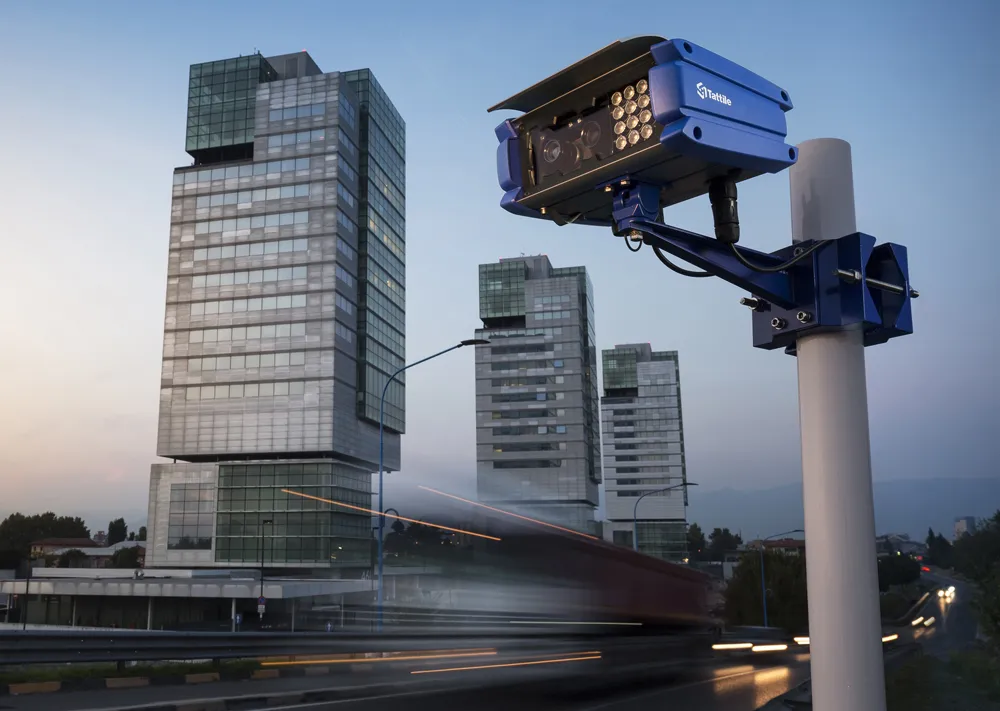Ugandan start-up SafeBoda has launched a ride sharing app, which it claims offers 20,000 safe boda rides per day.
Bodas are a common form of motorcycle taxi, providing a popular mode of transport in Uganda and Kenya where the transit infrastructure is less developed. Cheap and efficient, they are able to move around the traffic congestion. However, with little or no formal training required, many accidents and deaths are caused by unsafe boda drivers.
SafeBoda, started by a group including former bod
February 9, 2017
Read time: 2 mins
Ugandan start-up SafeBoda has launched a ride sharing app, which it claims offers 20,000 safe boda rides per day.
Bodas are a common form of motorcycle taxi, providing a popular mode of transport in Uganda and Kenya where the transit infrastructure is less developed. Cheap and efficient, they are able to move around the traffic congestion. However, with little or no formal training required, many accidents and deaths are caused by unsafe boda drivers.
SafeBoda, started by a group including former boda drivers, aims to change all that by providing their drivers with helmets for the drivers and their passengers, as well as a personalised reflective jacket for each driver to improve visibility and safety. The company also ensures that the motorcycles are well-maintained.
Drivers are also provided with training and must commit to SafeBoda’s driver code of conduct, which focuses on customer service, traffic rules, road safety and bike maintenance. All SafeBoda drivers also undergo Uganda Red Cross certification, including training in road safety awareness and basic first aid.
Certified drivers are listed on SafeBoda’s app, where customers can order a taxi and are told which driver will pick them up. Customers can also rate the driver for safe driving and customer service via the app.
Bodas are a common form of motorcycle taxi, providing a popular mode of transport in Uganda and Kenya where the transit infrastructure is less developed. Cheap and efficient, they are able to move around the traffic congestion. However, with little or no formal training required, many accidents and deaths are caused by unsafe boda drivers.
SafeBoda, started by a group including former boda drivers, aims to change all that by providing their drivers with helmets for the drivers and their passengers, as well as a personalised reflective jacket for each driver to improve visibility and safety. The company also ensures that the motorcycles are well-maintained.
Drivers are also provided with training and must commit to SafeBoda’s driver code of conduct, which focuses on customer service, traffic rules, road safety and bike maintenance. All SafeBoda drivers also undergo Uganda Red Cross certification, including training in road safety awareness and basic first aid.
Certified drivers are listed on SafeBoda’s app, where customers can order a taxi and are told which driver will pick them up. Customers can also rate the driver for safe driving and customer service via the app.








